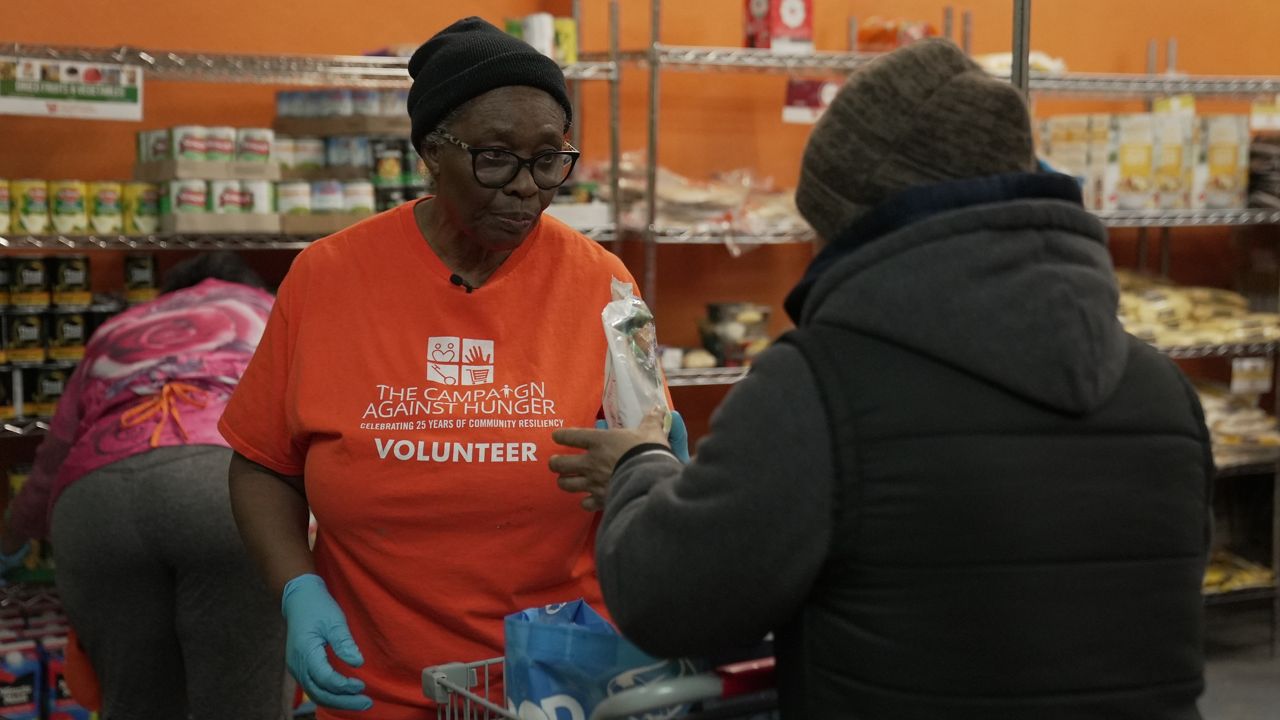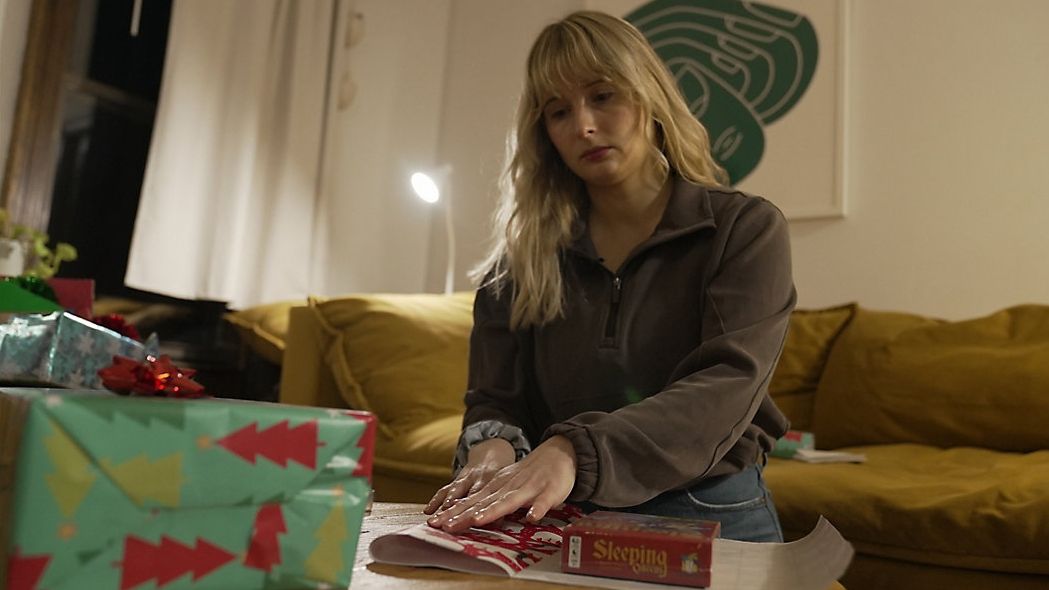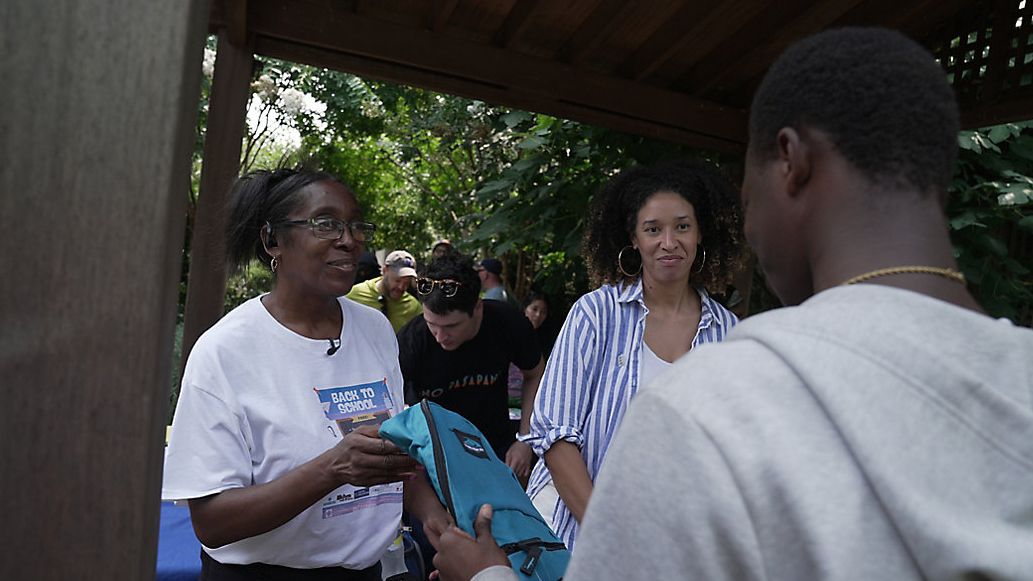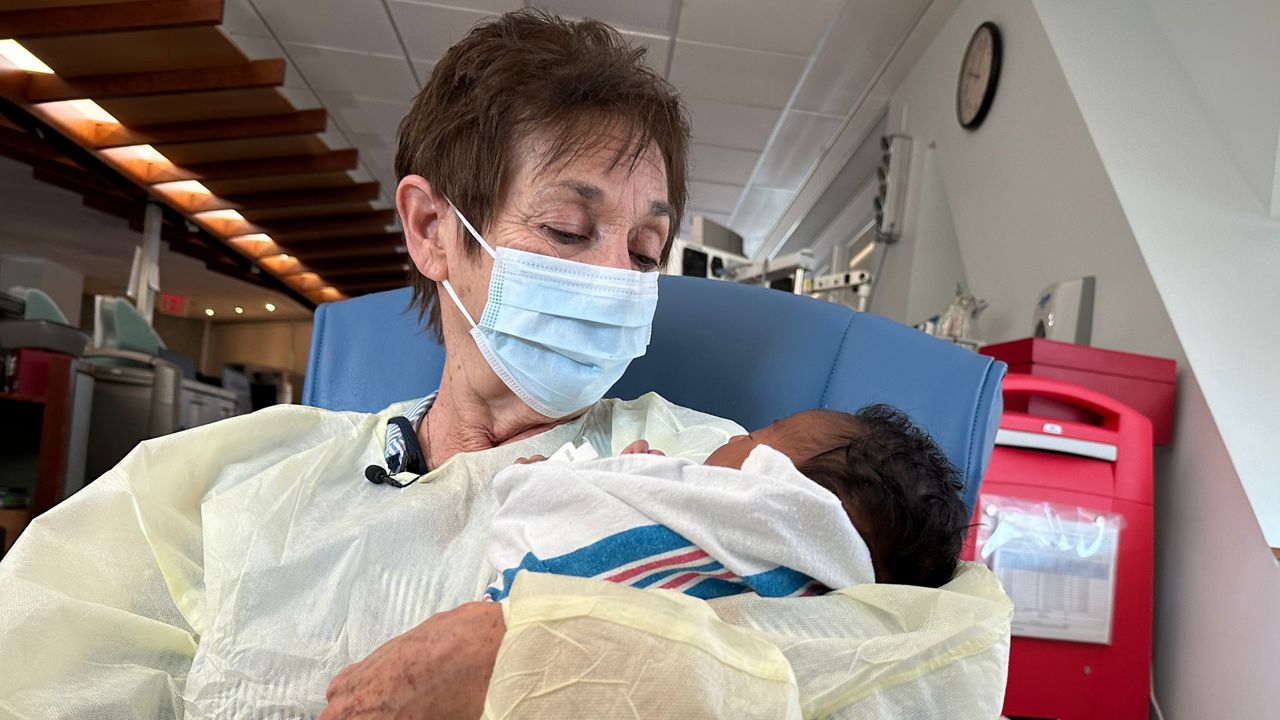“I wasn’t a cat person. I didn’t even want a cat. I said, ‘No, I’m a dog person,’” Sheila Massey said, describing herself 20 years ago.
It was all before a friend found a black kitten at a park and begged Massey to take it in. That rescued cat named Sadie changed everything.
For the past four years, through her nonprofit, “Hard Hat Cats,” this converted cat lover has been finding homes for feral animals that would otherwise not be adopted.
Wild East Brewing company in Gowanus Brooklyn is her most recent “hire”, taking on two new cats they affectionately named after one of their own brews: Patience and Fortitude.
“You can basically say that Hard Hat Cats is like an employment agency,” Massey said. “I match up cats with employers that don’t want to use rat poison.”
It was Linsay Steen, one of the owners of Wild East Brewing, who first commented to her team that “Hard Hat Cats” might be a good option for their brewery.
“I think just knowing we’re in New York City and that rodents can be an issue, and we have massive amounts of grain. I think I had brought it up at as like, ‘Hey, maybe we want to think about brewery cats at some point,’” Steen said.
Once a business contacts Massey, she heads to Animal Care Centers of New York City to find the perfect felines for the job. She has now placed 40 cats in breweries, stores and even apartment buildings, all as a natural preventative measure against the rodent population.
The cats arrive in a large covered crate. This provides the new residents with a space where they feel safe while acclimating to the sounds and smells of their new environment, which in Wild East Brewing’s case was quite loud.
“Now, patience and fortitude have only been here for six days, not even a week yet, and you can see how calm they are,” Massey said. “In fact, Patience is falling asleep. I guess we’re boring her. And I see Wild East Brewing is already giving them treats, so they’re already being spoiled.”
Over time, the cover is slowly lifted. Once the cats seem unfazed by their new environment, they’re released to explore their new home and mark their territory.
“Any rodents get the memo. There’s a new sheriff in town,” joked Massey.
Smelling that a predator lives in the area, a rodent is less likely to call the place home, erasing the need for pesticides. It’s a triple win for the cats, the business and the environment.
It was an obvious solution for Brett Taylor, an owner of Wild East Brewing, who said, “You can put down snap traps or you can put down poison but a cat is the most natural way in the world to keep that problem at bay.”
“People always say to me, ‘Hard Hat Cats. What a great idea.’ and I always say, ‘It’s not my idea.’ 4,000 years ago the Egyptian already had cats living with them to protect the grain in the pyramids, so this is an old idea that we’re revisiting,’” Massey said.
For bringing the feral feline back to a familiar role, Sheila Massey is our New Yorker of the Week.









